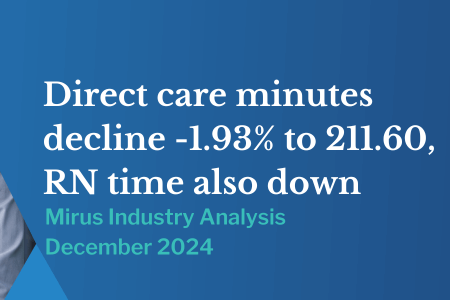Future Leader Award winner proposes innovative retirement plan
November 3, 2015 | Aged Care Finance

While aged care providers in Australia continue to figure out how to best meet demands for accommodation, other industry bodies and government departments are focusing on getting people through the early stages of retirement.
This means working out the issue of sustainable retirement income, and in this article, we'll take a look at one possible solution.
Focusing on adequate retirement income
Mercer explained that while Australia has a "much heralded superannuation guarantee scheme", there's little focus on the post-retirement period. This essentially means there's a focus on growing a nest egg leading up to retirement, but not on income after the fact.
There's little focus on the post-retirement phase.
Innovative thinking is the key to moving forward, especially in sectors like aged care that are currently dealing with a significant number of problems. Recently, Deloitte announced the winner of the 2015 Financial Services Council/Deloitte Future Leader Award as Laura Bielinko from the Commonwealth Bank of Australia Wealth, who has developed a new plan for retirement income.
Deloitte Wealth Management Leader Neil Brown explained that Ms Bielinko assessed ways to provide more adequate income for older Australians, using a creative approach backed up by research. Then, she presented the solution to a panel comprising of Australian wealth industry leaders.
"Laura's recommendations included securing a five per cent increase in the age pension for every year Australians continue to work and contribute to their superannuation beyond the pension age, without accessing the age pension," he explained.
It's certainly an important focus, as the Australian Human Rights Commission {link to source needed?} noted that 80 per cent of all Australians over the age of 65 rely on the pension. What's more, more than 1 in 4 are currently living in poverty.
The right solutions
Considering the gap between life expectancy and the eligible age for the pension (a gap that's continuing to grow), Laura set out three recommendations as to how to avoid the issue:
1) Provide a clear way for low income earners to elevate themselves out of poverty in their old age.
2) Improve gross replacement ratios for average Australians.
3) Balance the above two recommendations against both fiscal sustainability and benefits for the budget.
They're certainly solid goals to address such a significant issue, but any solution is going to take time to take effect – and it will be important to start as soon as possible. The population certainly isn't growing any younger, and financial sustainability for elderly Australians is going to become a much more serious issue.


